Search
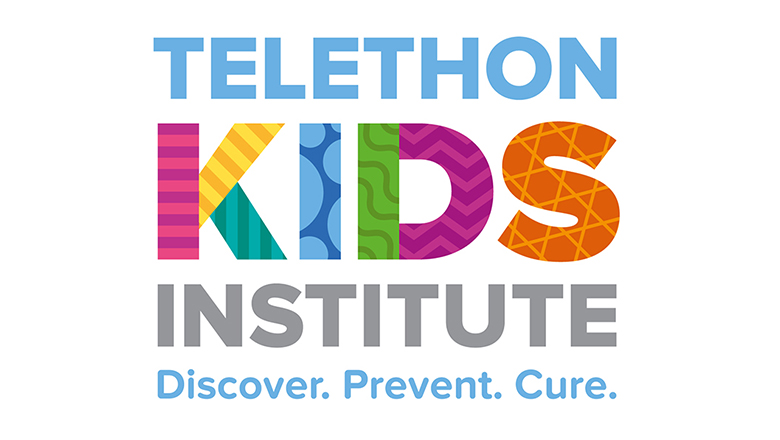
News & Events
The Kids welcomes State Government commitment to researchThe Kids Research Institute Australia, has welcomed the State Government's budget commitment to innovation and medical research.

News & Events
The Kids Research Institute Australia researchers share in State Government science grantsFour The Kids Research Institute Australia researchers are among those who have received funding in the WA State Government's Merit Award Program announced today.
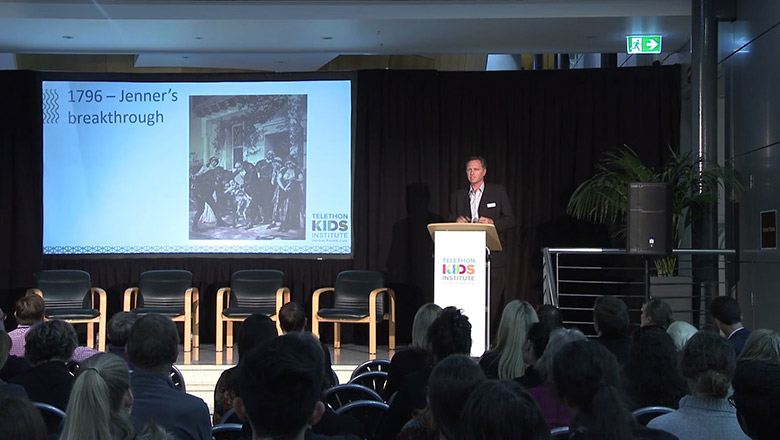
News & Events
Vaccination seminar presentationsOn Monday May 30, The Kids Research Institute Australia held a free public seminar on vaccination, hearing from paediatricians and infectious disease researchers.
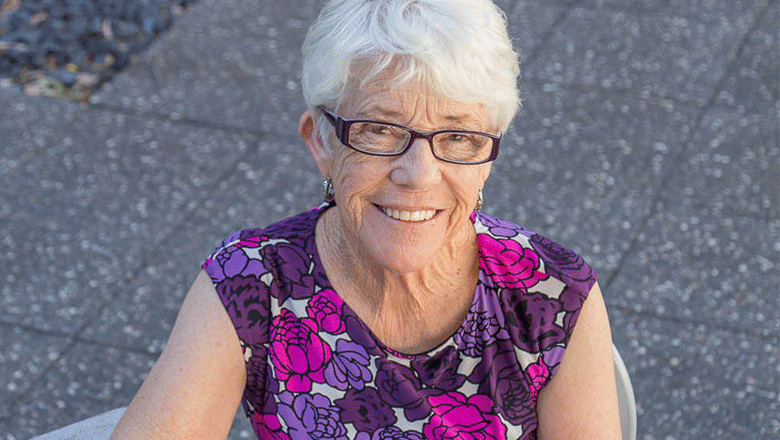
News & Events
Grant to expand innovative consumer involvement programA $3.2 million grant from Lotterywest will allow the highly successful Consumer Involvement Program to be expanded to 18 other WA organisations.
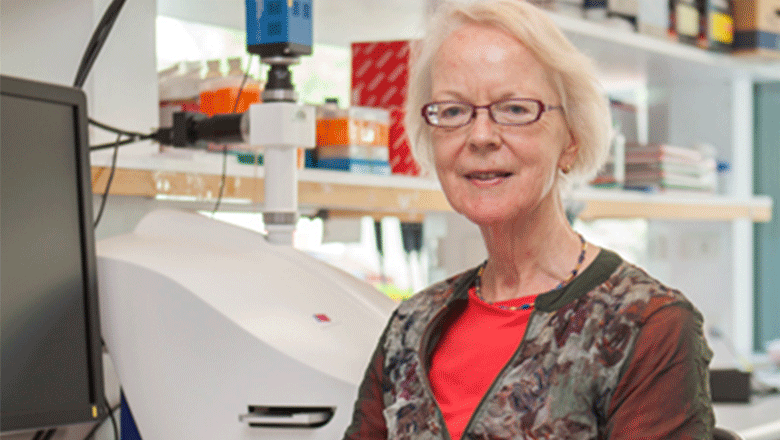
News & Events
New drug hope for babies with leukaemiaResearchers at The Kids Research Institute Australia have discovered a new drug combination that could help improve survival rates for babies with leukaemia.
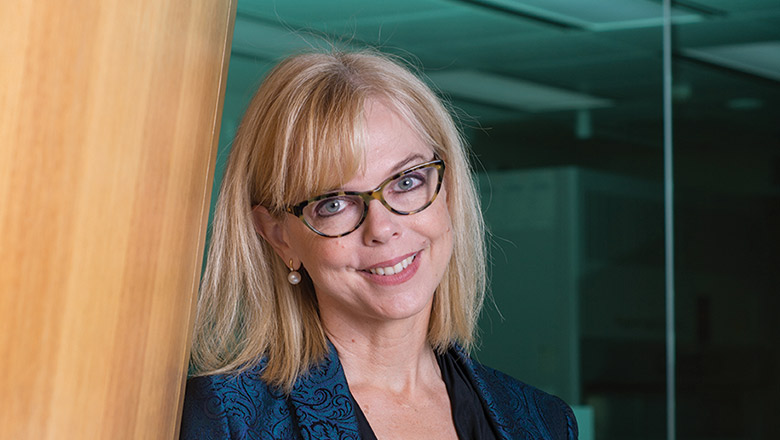
News & Events
WATCH: Professor Susan Prescott's allergy adviceAllergy specialist Professor Susan Prescott gives her tips on how you can help prevent your child from developing a food allergy.

News & Events
NHMRC funding awarded to support child health researchThe Kids Research Institute Australia researchers have been awarded more than $10 million in research funding from the National Health and Medical Research Council (NHMRC).
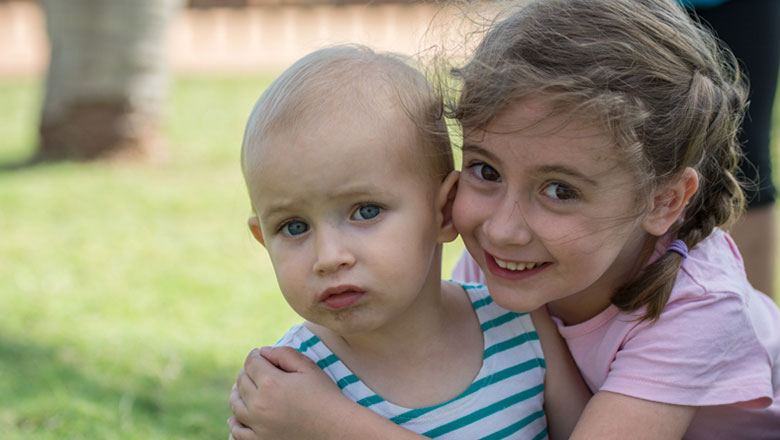
News & Events
Community Conversation- Infectious Diseases in ChildrenConsumers and community members are invited to join us to provide input into our childhood infectious diseases research.
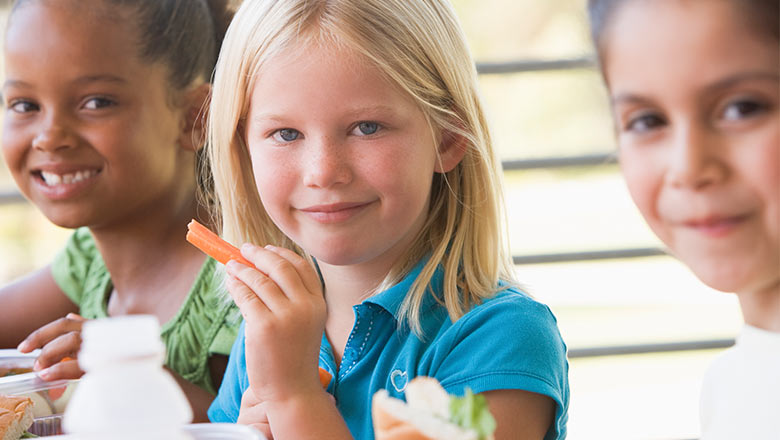
News & Events
Kids nutrition seminarJoin us at our free public seminar with dietitian and nutritionist Dr Roslyn Giglia will share the latest information on Australian kids' diets.
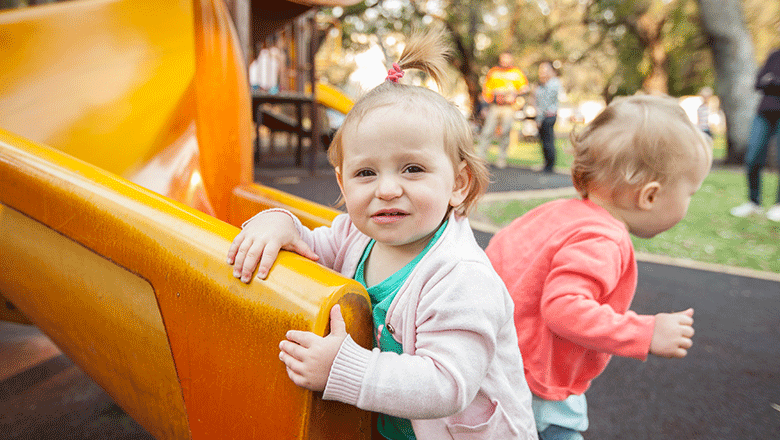
News & Events
2014 Annual Report now availableThe Kids Research Institute Australia's 2014 Annual Report is now available.
